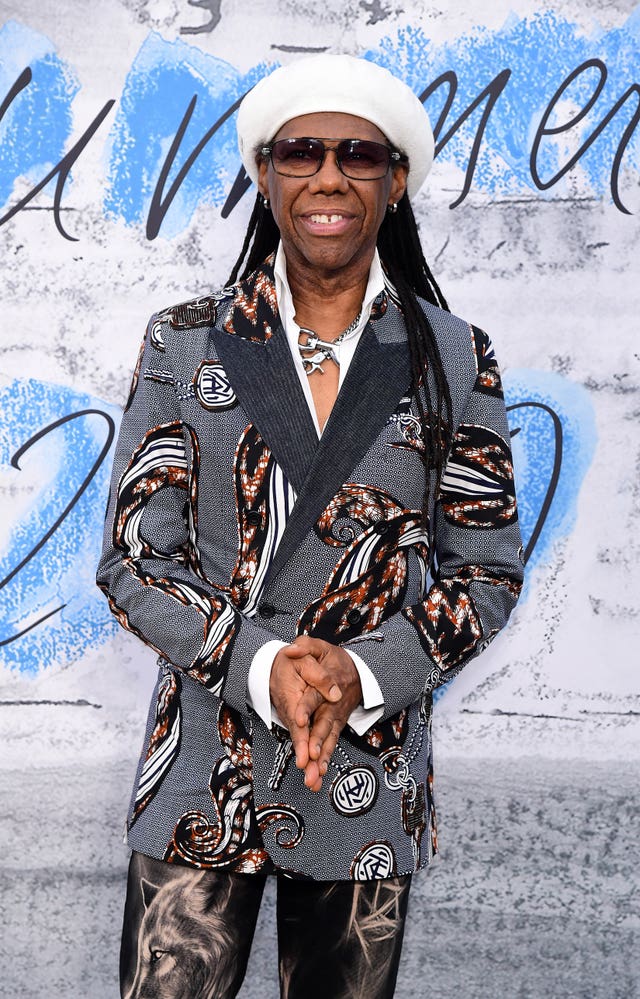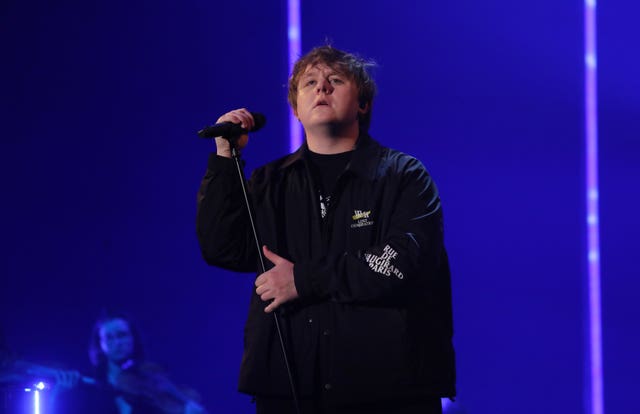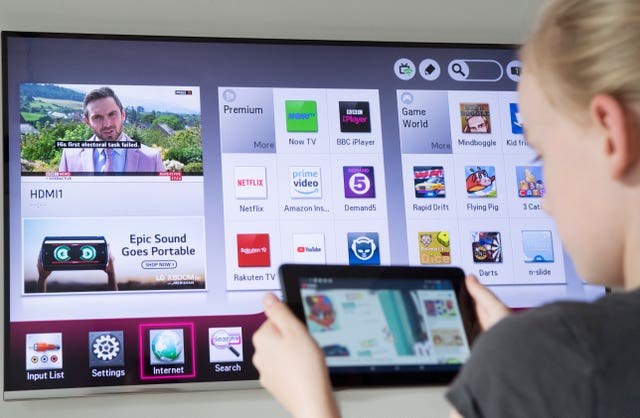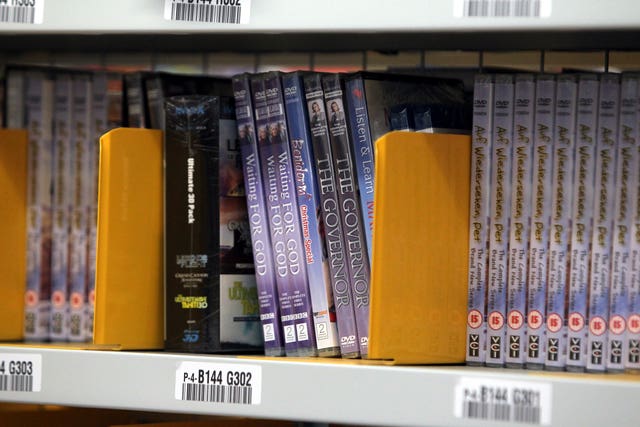Streaming services help drive music industry to ‘highest revenues since 2006’
The total value of the music, video and gaming industry now stands at £9.1 billion, according to the Entertainment Retailers Association.

Growth in streaming last year helped drive revenues in the UK music market to its highest total since 2006, according to a trade body.
Music revenues grew by 6.8% to £1.6 billion last year, according to figures compiled by the Entertainment Retailers Association (ERA).
The increase comes amid criticism from some over the amount that artists are paid for their work on streaming platforms.

Streaming revenues in the music industry rose by 15.5% last year to £1.2 billion which is more than the entire music market was worth in 2016.
Meanwhile digital downloads dropped by 19.5% to £72.2 million and CD sales were hit by the closure of shops, with revenues down 28.0% on 2019 to £156.2 million, according to the ERA.
However sales of vinyl went up 13.3% on the last year, bringing revenues to £110 million.
Vinyl now accounts for more than 40% of the physical music market.

Harry Styles’s Fine Line was second with 293,435 sales, while Dua Lipa’s Future Nostalgia was third with 265,042.
In December Rodgers told the committee that musicians should be paid more for the plays their music gets on streaming platforms such as Spotify and Apple Music.
“Artists and writers are not remunerated equally. They do not get their fair share of the pie,” he told MPs.
They are “really kept in the dark” about the worth of their output on streaming services, he added.
The value of music sales peaked in 2001 at £2.2 billion while the low point came in 2013 when it sunk to £1 billion thanks to falling sales of CDs and a rise in use of illegal downloads, according to the ERA.
However, the popularity of streaming platforms is helping the sector to recover.
The growth in music industry revenues came amid a general increase in entertainment sales, the ERA said.

The 16.8% annual growth rate for the sector in 2020 is the sharpest increase since records began, according to the association.
Kim Bayley, chief executive of the ERA, attributed the overall growth of the sector to the coronavirus pandemic.
She said: “If there was ever a year in which we needed entertainment, it was 2020.
“The trend towards an increasingly digital entertainment market may be long established, but no one could have foreseen this dramatic leap as digital services filled the gap left by shuttered cinemas, concert halls and retail stores.
“With much of the country shut down, ERA’s members provided a welcome revenue stream for thousands of musicians, actors, directors and countless backroom staff.”
Digital video services including Netflix, Amazon Prime Video and Disney+ increased their revenues by 37.7% year on year in 2020 to £2.9 billion, the ERA said in a statement.
Meanwhile sales of physical video formats such as DVDs dropped by around a quarter to £355.7 million.

Frozen 2 was the best selling film of 2020 with 972,996 sales, followed by Joker (827,680) and Star Wars IX – The Rise Of Skywalker (770,491), according to Official Charts Company data released by the ERA.
In addition to Frozen 2, children’s films Sonic The Hedgehog and Onward also ranked in the top ten bestselling films of 2020.
The value of the gaming industry rose from £3.7 billion last year to £4.2 billion in 2020.
The sector has greater revenues than both video (£3.3 billion) and music (£1.6 billion).
Football game FIFA 21 was the most popular video game of the year after recording 2,182,694 sales, according to ISFE data.
Call Of Duty: Black Ops Cold War was second with 1,420,353, while Grand Theft Auto V sold 1,127,222 copies.





